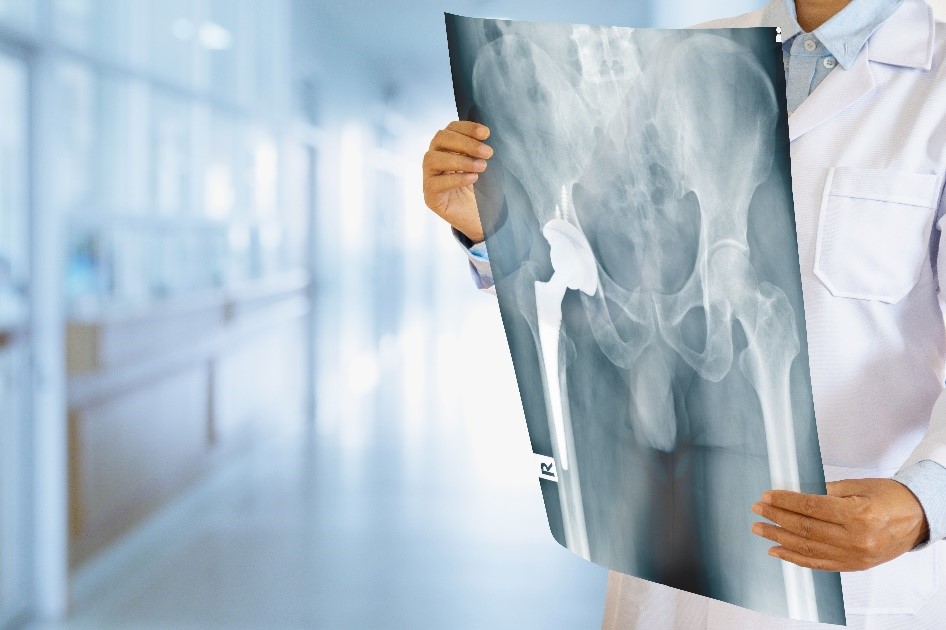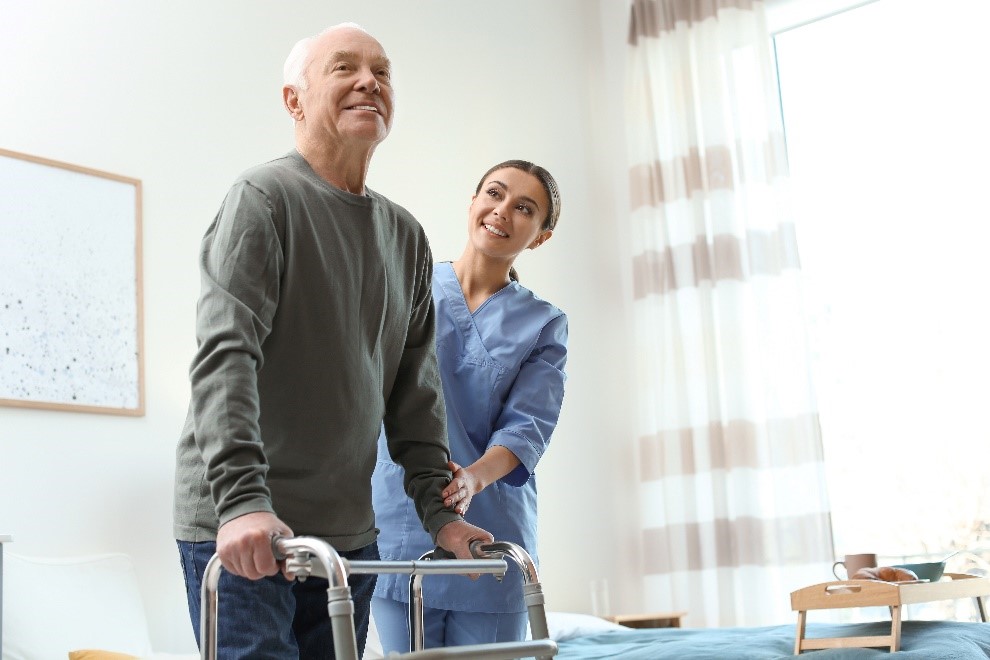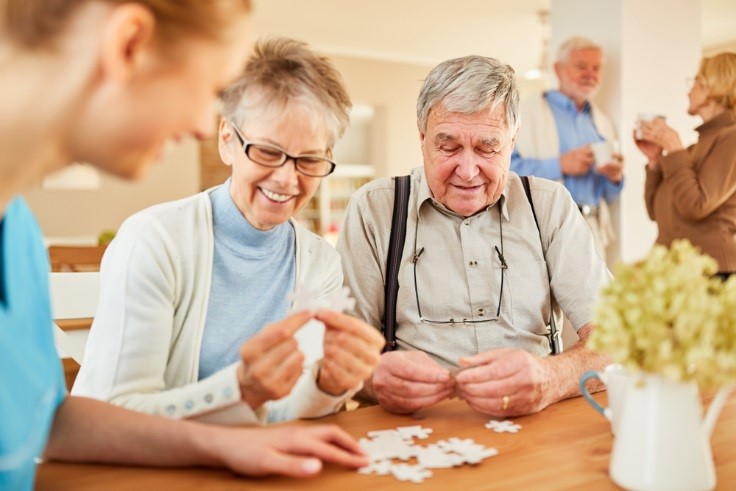
Cognitive health is defined as the ability to think and remember clearly. It is considered an integral part of brain function. Recently, we have seen a clear demise in the mental capabilities of our aging seniors. This has led to conditions like dementia and Alzheimer’s disease.
But there is no problem without a solution. Studies have shown that elderly people who constantly engage in meaningful activities have improved cognitive abilities and increased brain activity. This reduces the risk of dementia and Alzheimer’s.

One of the ways to maintain and improve the cognitive health of elderly people is by managing stress. There are countless simple yet effective ways through which one can manage stress.
- Meditation: The simple act of following your breathing pattern can do wonders to help alleviate stress. It clears the mind and gets rid of all the unnecessary negative thoughts that can cloud one’s rational judgement.
- Journaling: Journaling is a perfect way to keep track of your emotions and daily activities. It is a candid reminder that one always has a safe place to vent out their feelings.
- Have Someone to Talk to: Aging seniors often require someone trustworthy to confide in and talk to. Someone who cares for them and shares a bond that allows them to express themselves freely. They are more likely to thrive with such freedom. It is crucial for your elderly to have a trained professional to take care of them.
Conclusion
The caregivers at Home Instead are professionally trained to take care of your loved ones. In the elderly community, dementia and Alzheimer’s become quite common. But with proper care and assistance, all can easily be tackled and managed. Our team will keep your senior active and mentally stimulated so they can enjoy life to the fullest.







